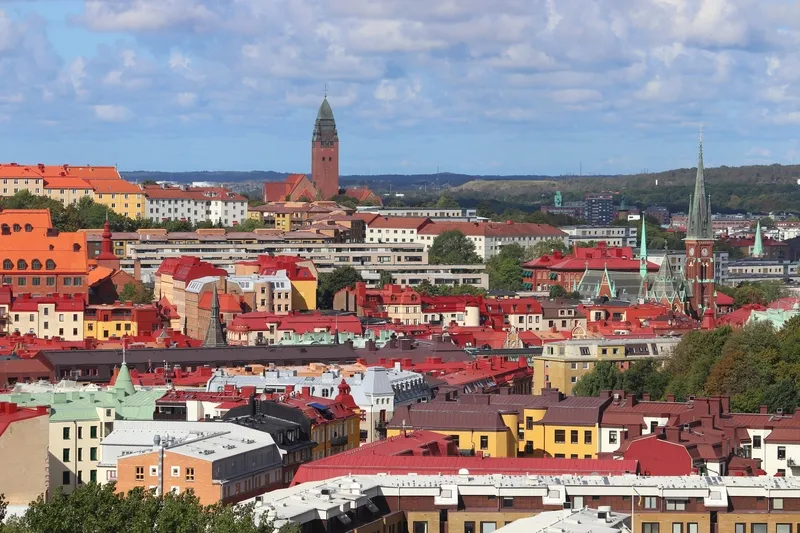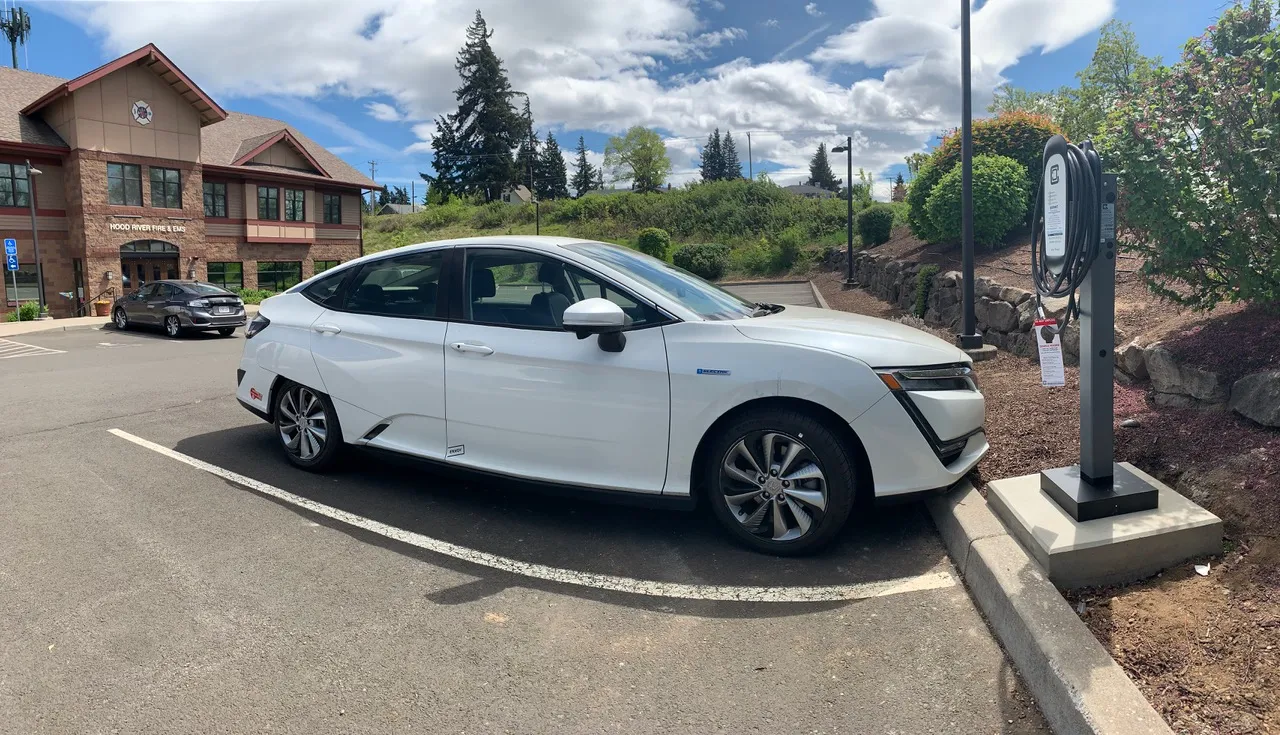
Kapsch TrafficCom is to set up what it says is one of the world's largest urban multi-lane free-flow (MLFF) systems.
Kapsch has been contracted by the Swedish Transport Administration (Trafikverket) to design, build and run operations for 10 years in Gothenburg.
The company says the existing scheme, which generates approximately €90m per year.- covering an area of the city which sees approximately 150 million vehicles pass per year - is reaching its end of life.
The 42 existing tolling stations, with 85 charging and checkpoints, will be fully replaced, covering a total of 138 lanes.
The new MLFF system allows vehicles to be identified automatically at the free-flow tolling stations, with the information transmitted to the back office of the Swedish Transport Agency (Transportstyrelsen) for processing and invoicing.
The contract includes options to extend the technical operation and for supply of additional charging points and checkpoints.
“Our system will capture vehicle data in a quality which is the best-in-class within the tolling industry," says Mikael Hejel, Kapsch area sales manager for the Nordic countries.
"We will provide the best possible information to enable the authority to make the correct taxation decisions of the vehicles using the infrastructure."










